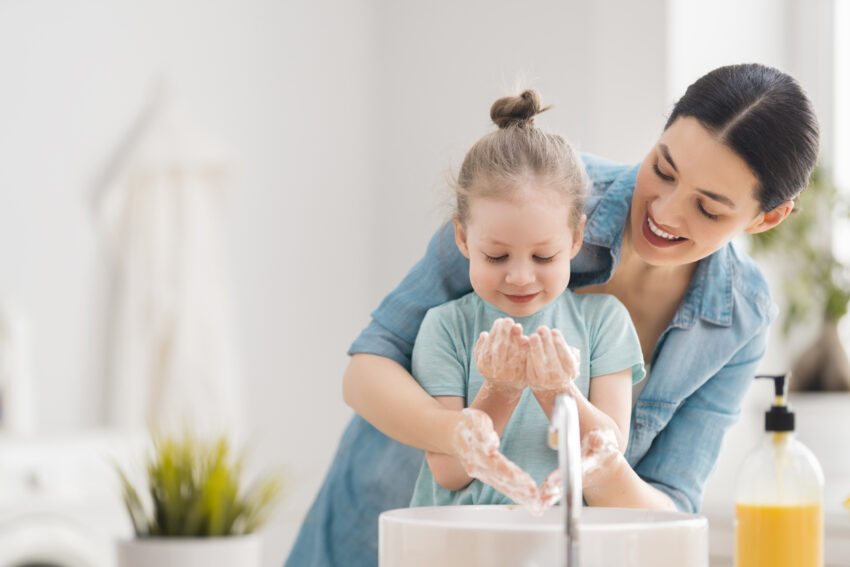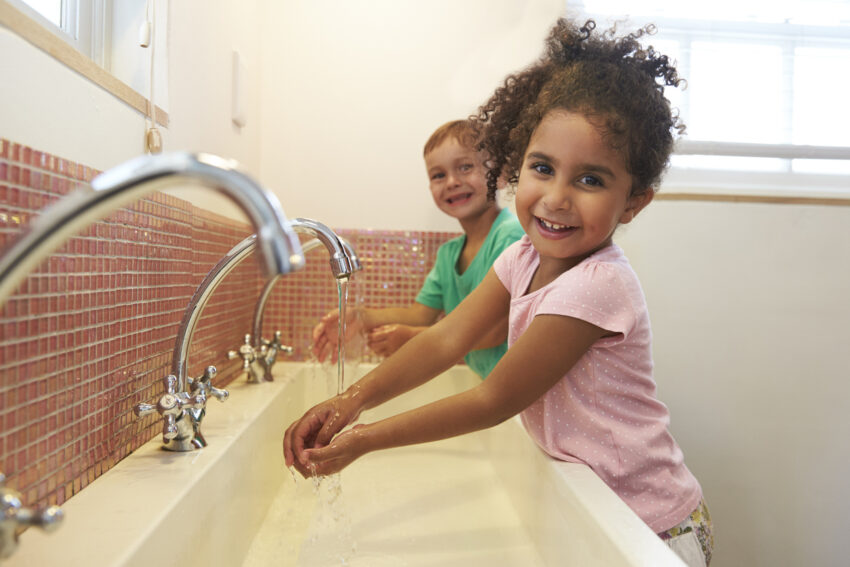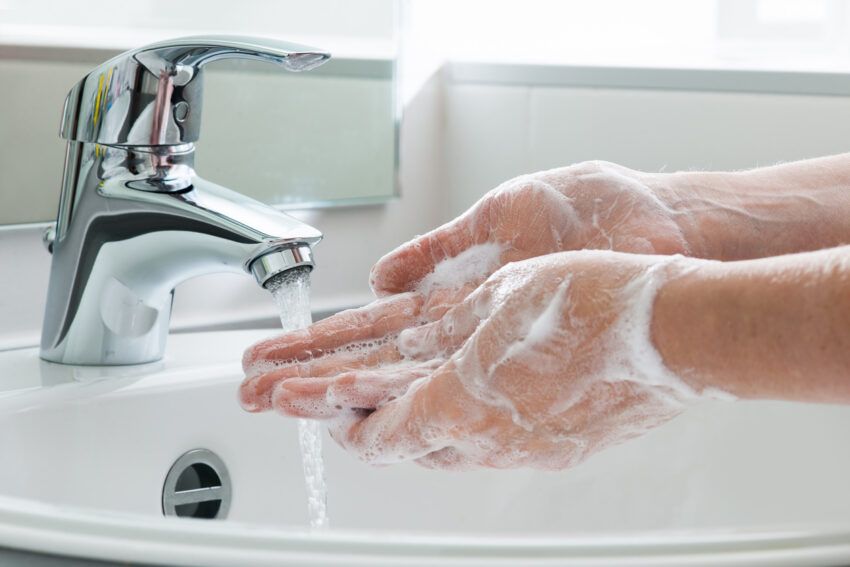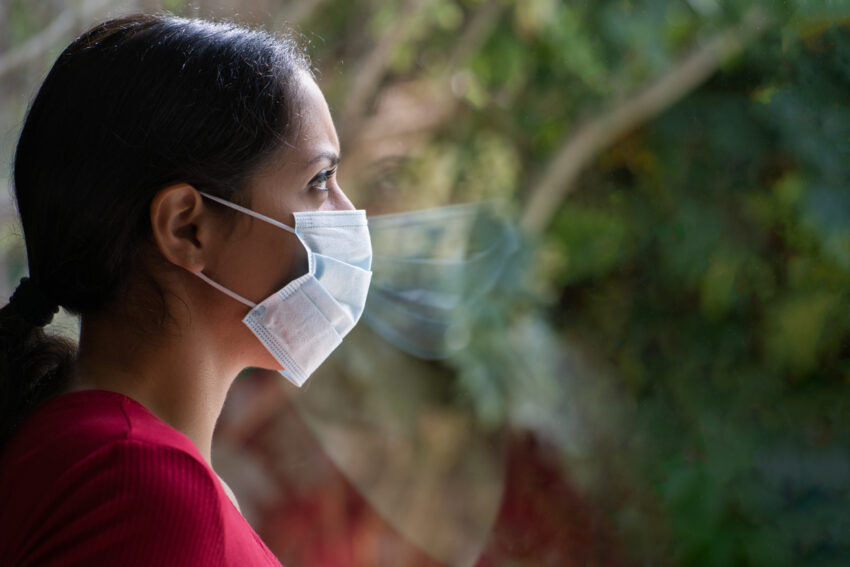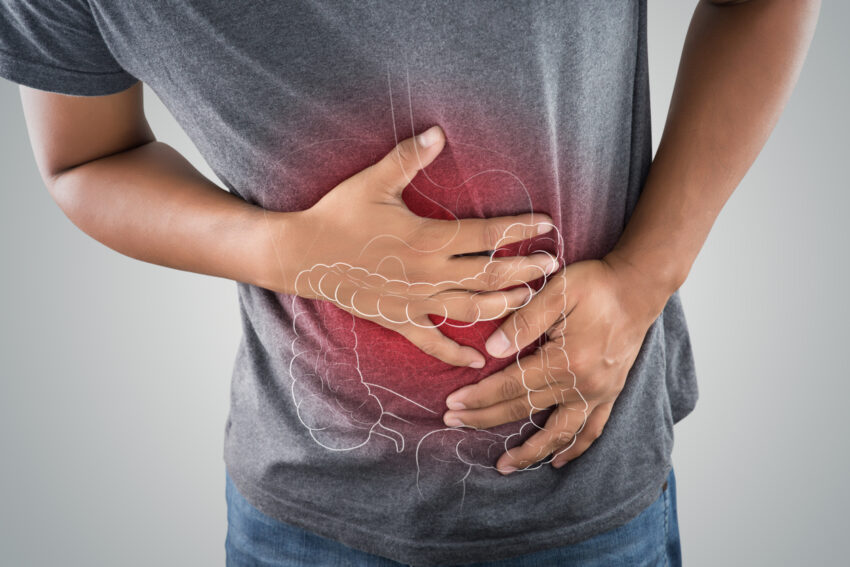UNITE Initiative Responds to Dr. Amelie Ramirez’s Comment on Racial Equity, Diversity

The National Institutes of Health's UNITE initiative has responded to over 1,100 comments, including one from Dr. Amelie Ramirez of Salud America! and UT Health San Antonio, calling for racial equity and diversity in research. UNITE sought comments in spring 2021. Ramirez submitted a comment—endorsed by 541 Salud America! members—that we believe that increasing diversity among research leaders and clinical trial participants will help achieve true health equity, especially for Latinos and others disproportionately impacted by health issues. Based on these comments, the UNITE initiative formulated four priority areas in health disparities and minority health research, the internal NIH workforce, and the external research workforce. "Here at NIH, we saw with fresh eyes the ...
Read More
